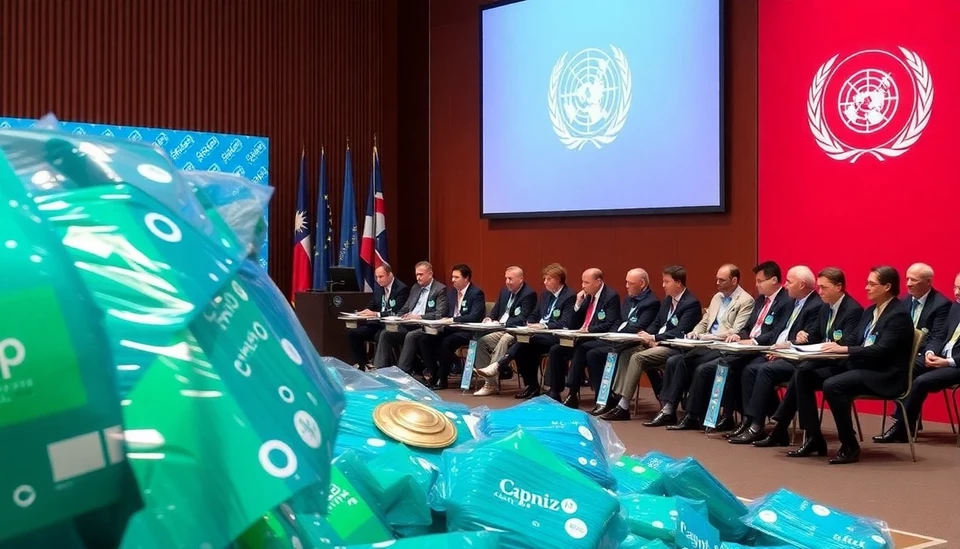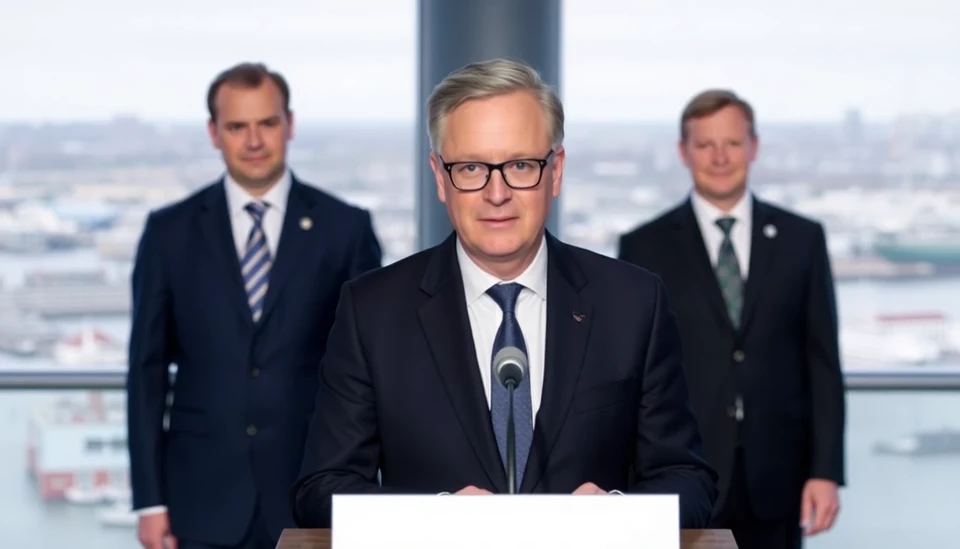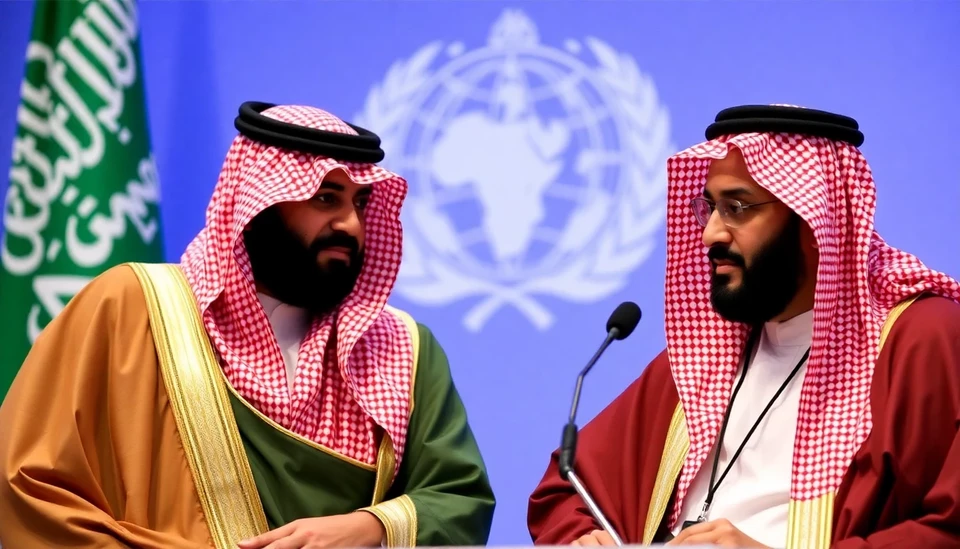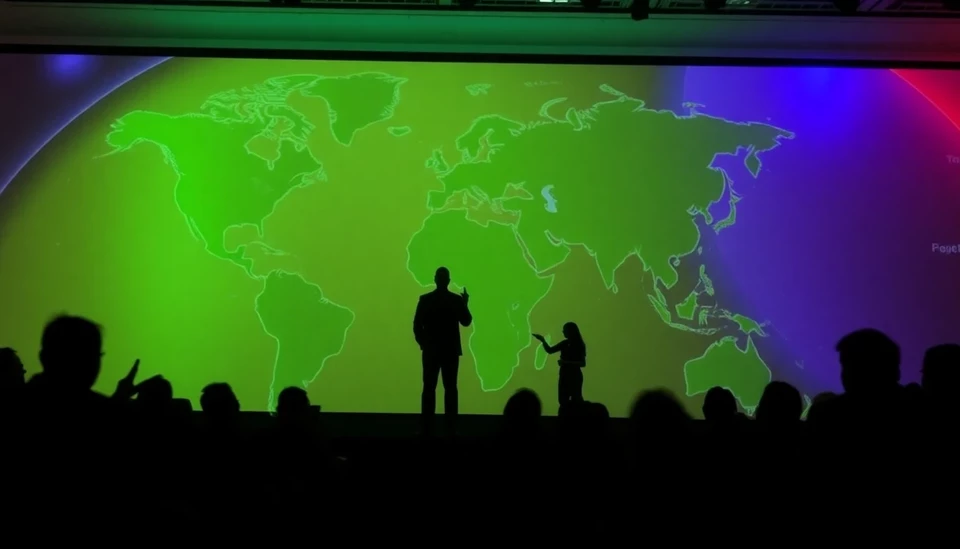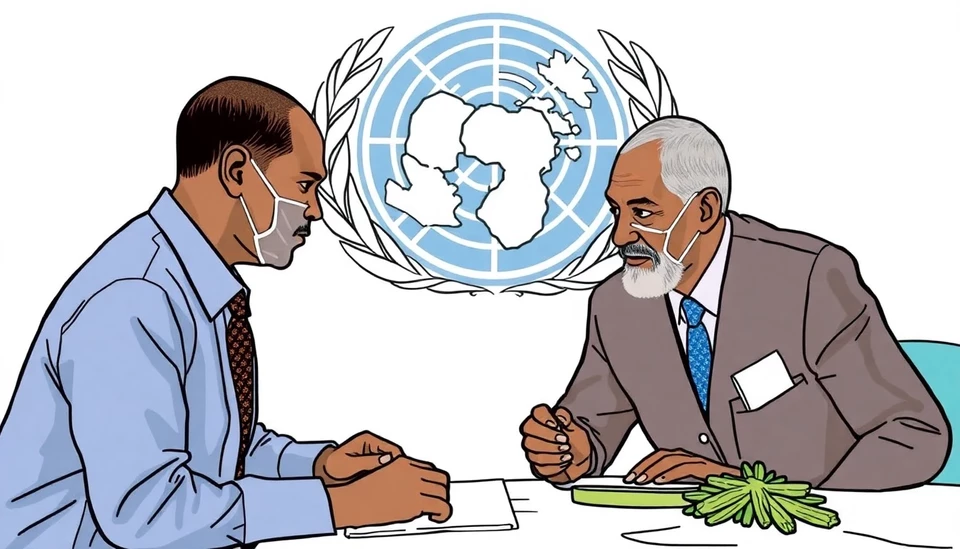
The ongoing COP29 climate negotiations have reached a crucial juncture as delegates grapple with contentious issues surrounding food security and agricultural practices. On this pivotal Food Day, the talks are characterized by a game of chicken between nations, with environmental priorities clashing with economic realities.
As global leaders congregate in the bustling halls of COP29, the focus has shifted towards how climate policies impact agricultural livelihoods. Countries are at odds over their commitments to reduce emissions while simultaneously ensuring food supply stability for their populations, leading to a deadlock that some observers fear could jeopardize progress made at the conference.
One of the key sticking points in the negotiations is the delineation of responsibilities among developed and developing nations. Historically, wealthier countries have been held accountable for a larger share of greenhouse gas emissions, and many developing nations demand that these nations take the lead in implementing stringent agricultural reforms. However, as food insecurity rises due to climate impacts, the developed countries are pushing back, arguing that any agricultural changes must be economically viable to prevent exacerbating hunger.
This conflict reflects a broader tension in climate policy discussions, where the urgency of immediate action is often counterbalanced by the realities of food production and the economic well-being of nations. A major concern voiced by representatives of developing nations is that without adequate support from wealthier countries, they will struggle to adopt any new measures aimed at reducing emissions from agriculture.
Furthermore, the debate on how to incentivize sustainable agricultural practices is heating up. Various proposals have emerged, including carbon credits for sustainable farming techniques and increased investment in agricultural technology. However, significant disagreements remain over the specifics of these initiatives, particularly around funding and accountability mechanisms.
As the negotiations unfold on this critical day, activists and NGOs are also ramping up pressure on delegates to prioritize food security in any climate agreements. They argue that a failure to address the intersection of food and climate would not only endanger environmental goals but could also lead to increased global instability due to hunger and resource scarcity.
With intense discussions continuing throughout Food Day, delegates are navigating an intricate landscape of needs and demands, making it clear that the path to consensus may be fraught with challenges. As the clock ticks down toward deadlines for negotiations, there is a palpable sense of urgency among participants to break the stalemate and pave the way for meaningful, actionable agreements.
Looking ahead, the outcome of these critical sessions will likely set the tone for future climate summits and could significantly impact how nations approach the dual challenges of climate change and food security moving forward. With ongoing negotiations, all eyes remain keenly focused on COP29 as a decisive moment for global climate policy.
In conclusion, Food Day at COP29 not only highlights the pressing need for sustainable agricultural practices but also starkly illustrates the delicate balance required to achieve environmental goals without compromising food security for millions worldwide. The decisions made here will reverberate across nations and generations as the world grapples with the stakes of climate change.
#COP29 #ClimateChange #FoodSecurity #SustainableAgriculture #Negotiations #GlobalWarming
Author: Megan Clarke

